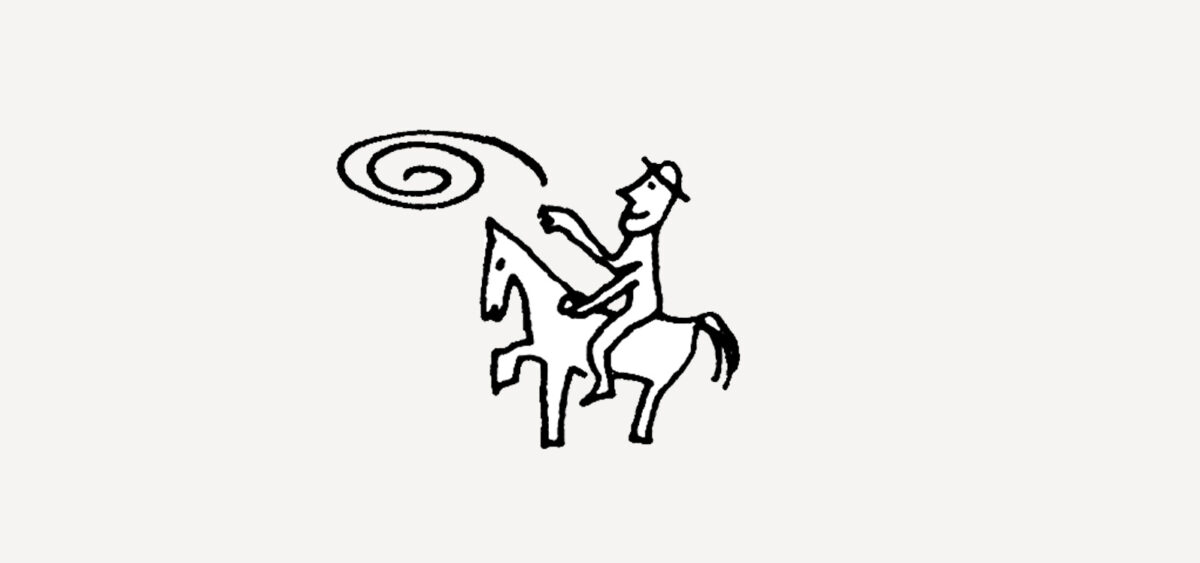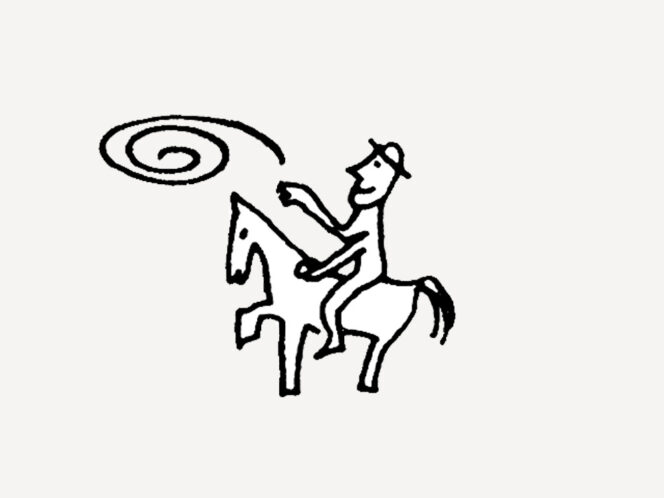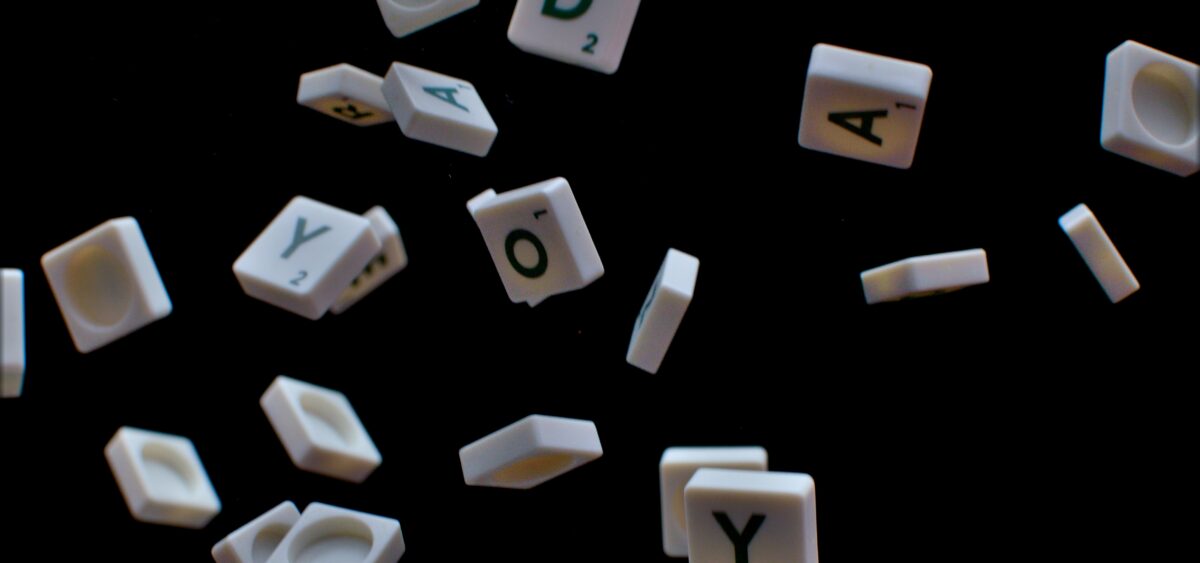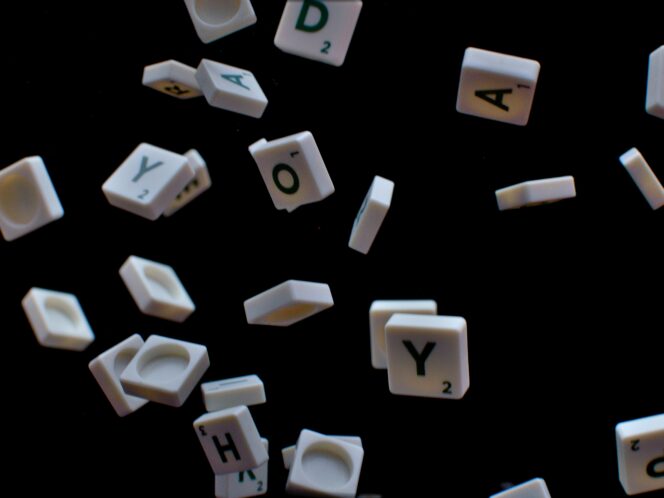
Some have encoded their speech in characters corresponding to sounds, others represent their words in pictures to this day. Jan Pelczar talks to neurolinguist Tomasz Bąk about the mysterious world of letters and symbols. I couldn’t have had a better tour guide to explore the world of alphabets than University of Edinburgh neurolinguist Tomasz Bąk. Like Przekrój, he was born and raised in Kraków. On our video call, his name is displayed as ‘Thomas Bak’—without the Polish characters known in the industry as diacritics. In response to my Przekrój interview proposal, he mentioned that he was working on a chapter of a thesis about learning Chinese writing for adults, but he’d be glad to take a break for our conversation.
Jan Pelczar: What was it that made you, a doctor of medical sciences, start working with language and alphabets?
Tomasz Bąk: I was fascinated with them when I was young. Before I moved to Germany, I spent seventeen years in Kraków. My mother was Silesian, and my father was fluent in German. My grandfather had also studied in Vienna, during the time of “deceased Austria,” as it was called in Galicia.
So you had the conditions as a child to become bilingual?
I certainly could have been. But at that time in Poland there was a belief that bilingualism could be dangerous for a child, that their languages would get confused. We now know that belief was based on superstitions, not scientific knowledge. Ironically, years later, I discovered that, when I was born in Kraków, researchers in Montreal were conducting the first systematic study of multilingualism and its benefits in children. But news like that didn’t penetrate the Iron Curtain. I profited from the situation in a different way. When my parents wanted to exclude me from the conversation, they always spoke in German. That piqued my curiosity. I began to see language








